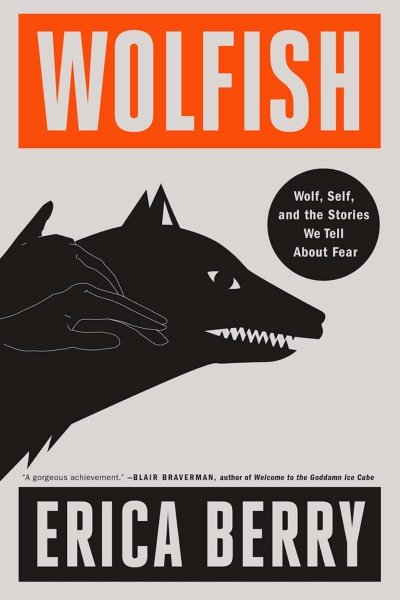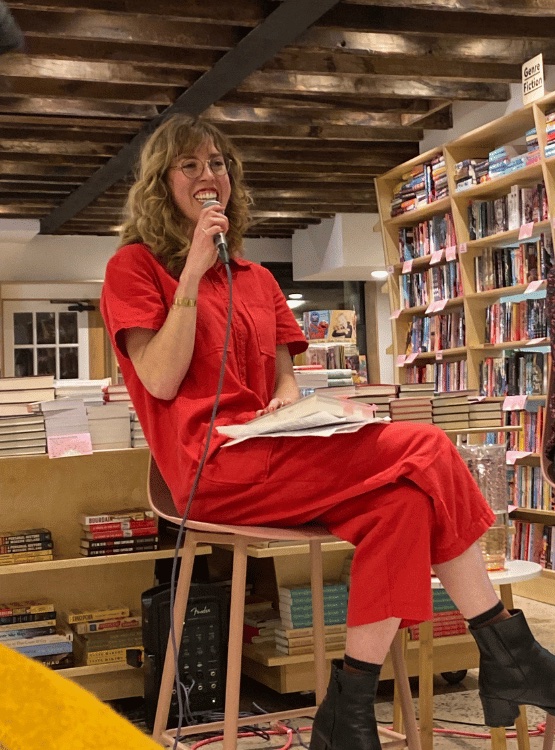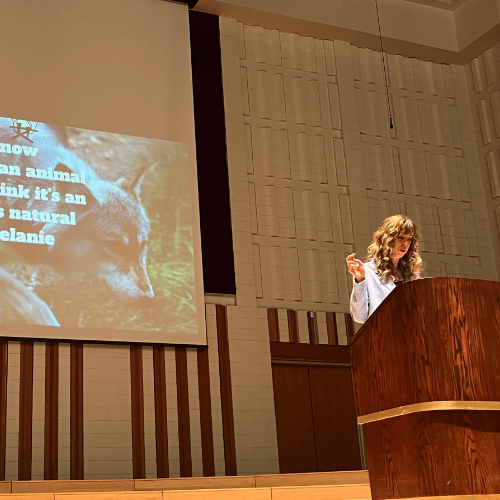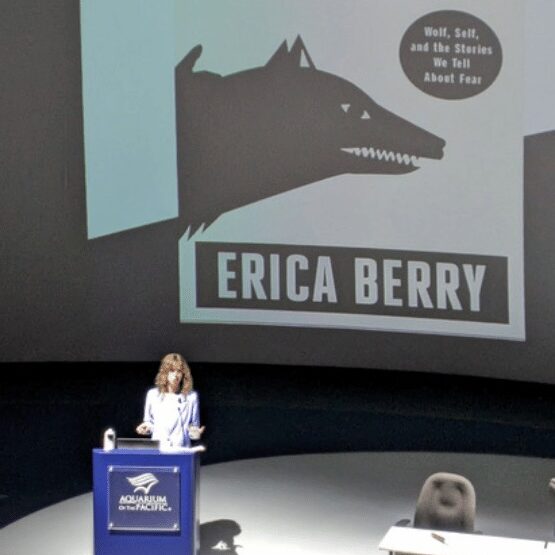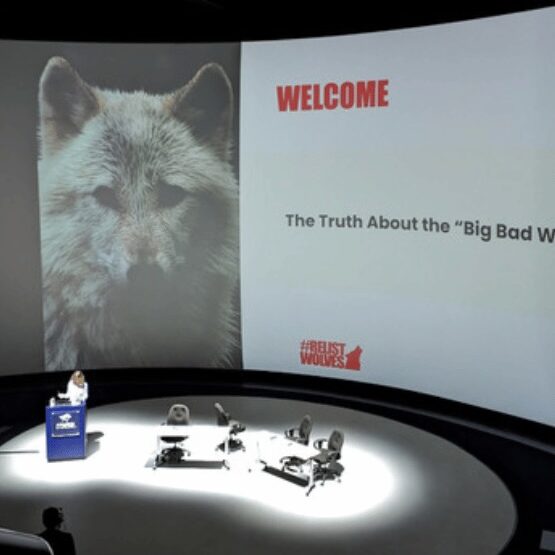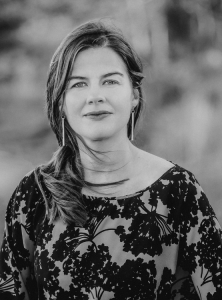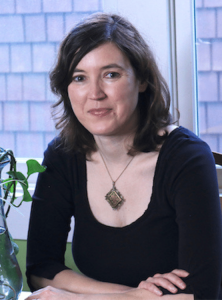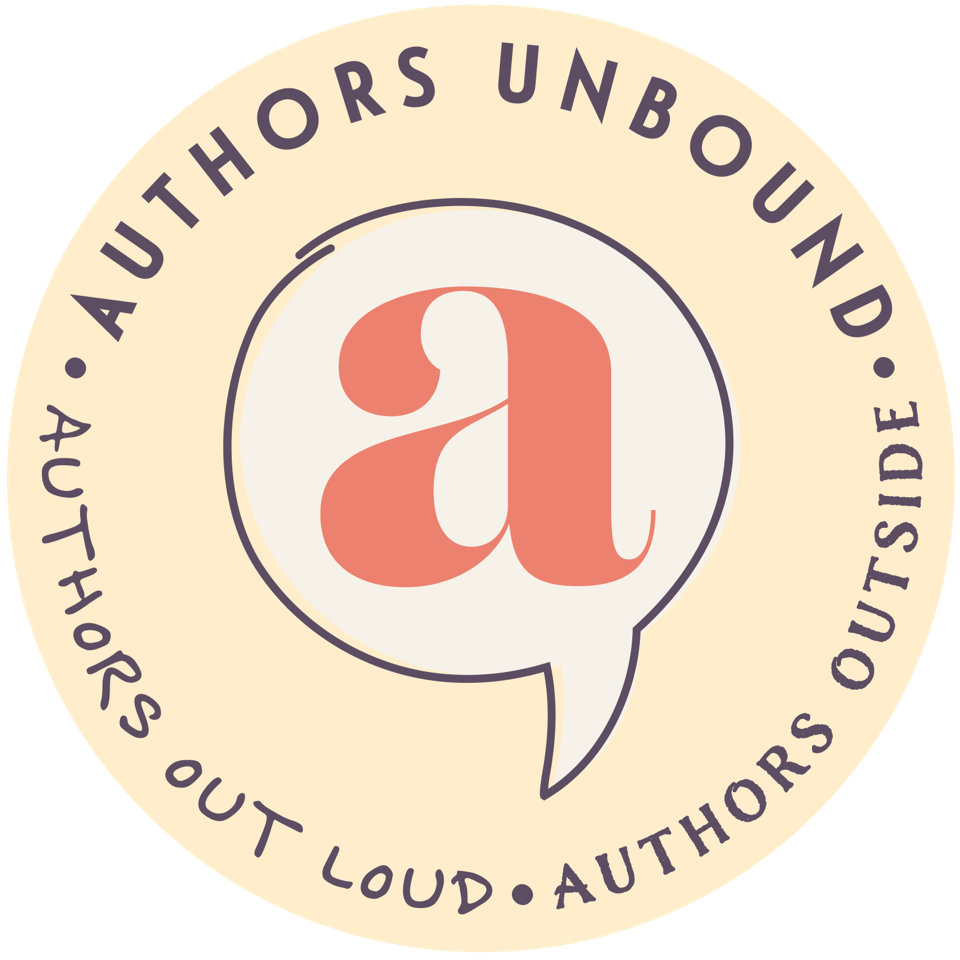Erica Berry is the author of Wolfish: Wolf, Self, and the Stories We Tell About Fear (Flatiron Books, 2023), a kaleidoscopic blend of memoir, science, cultural criticism, journalism and folklore. Wolfish was the winner of the 2024 Oregon Book Award in Creative Nonfiction and a semifinalist for the Pacific Northwest Book Award. Researched over the course of a decade, the book has its roots in an Environmental Studies thesis she wrote about wolf repopulation in her home state of Oregon. Her academic project became personal after a handful of alarming encounters left Berry deeply rattled—not only afraid of being a woman in the world, but wary of the narratives she had inherited about fear, threat, and who could be predator and who could be prey. In untangling the mythos of the ‘Big Bad Wolf,’ Wolfish examines cultural narratives of wilderness, gender, power, and the body, offering new expressions for bravery in a warming world. With a family that includes hunters, a sheep farmer, and a former Sierra Club president, Berry’s exploration of how humans live beside wolves becomes a call for how we can better live beside one another.
Described as an “exhilarating” work (Washington Post) that should be “required reading” (The Los Angeles Times) and deserves “wide, global attention” (Psychology Today), Wolfish has been recommended by publications ranging from Scientific American to Vulture to Harpers Bazaar, with The Atlantic calling it “both a vulnerable self-investigation and a wide-ranging exploration of fear—and, ultimately, an antidote to it.” Berry’s work on the book was supported by the Ucross Foundation, PLAYA, Willapa Bay AIR, the Kimmel Harding Nelson Center, the Marble House Project, Monson Artist Residency, Minnesota State Arts Board, the Judd Foundation, the Bread Loaf Writers Conference, Tin House, and the Institute for Journalism and Natural Resources.
Winner of the Steinberg Essay Prize and the Kurt Brown Prize in Nonfiction, Berry’s essays about humans and the environment also appear or are forthcoming in publications such as The New York Times, Orion, Emergence, The Atlantic, Literary Hub, The Yale Review, Outside, Wired, and Hazlitt. A former College of Liberal Arts Fellow at the University of Minnesota, Berry was the 2019-2020 National Writers’ Series Writer-in-Residence in Traverse City, Michigan. A contributing editor at Orion, she is also on the summer Orion Environmental Writing Workshop faculty, and works as a Writer-in-the-Schools and an Associate Fellow at the Attic Institute of Arts and Letters in her hometown of Portland, Oregon.

